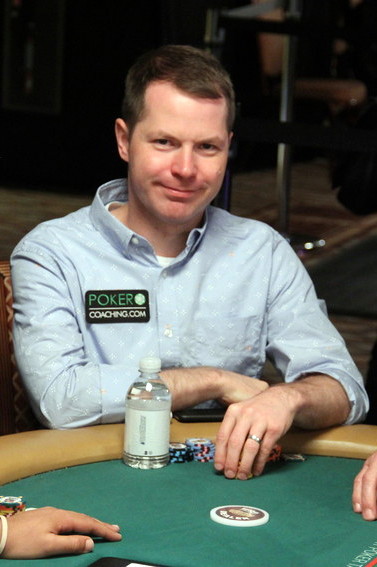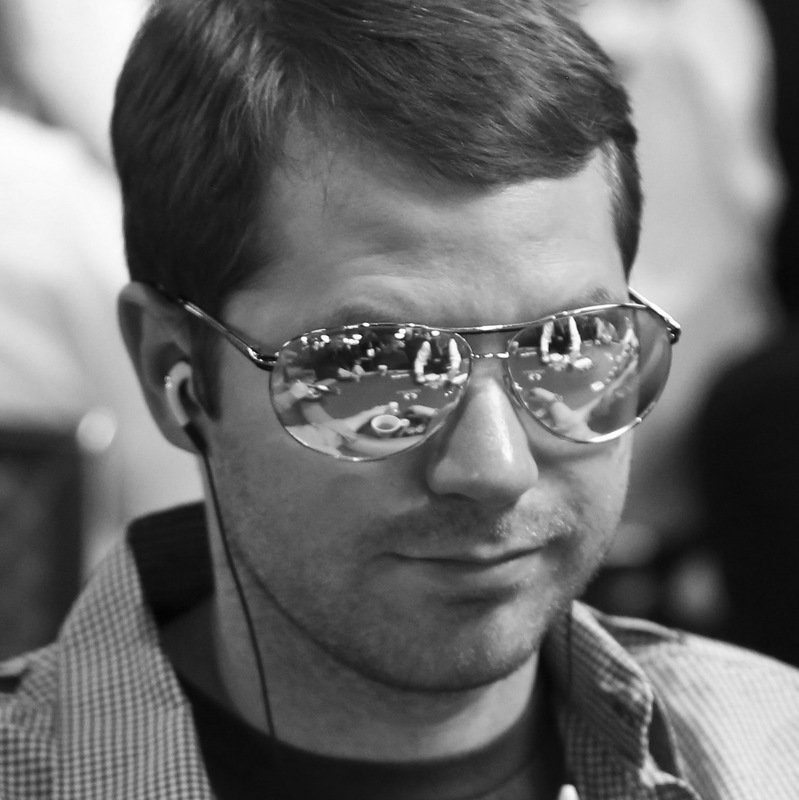






How To Improve Your Poker Skillsby Jonathan Little | Published: Mar 25, 2020 |
|
|
Card Player Magazine, available in print and online, covers poker strategy, poker news, online and casino poker, and poker legislation. Sign up today for a digital subscription to access more than 800 magazine issues and get 26 new issues per year!
 I am constantly asked by players of all skill levels how to improve their poker game. Quite often, a player will be stuck in a rut and decide to read a book, watch training videos, or even get private coaching.
I am constantly asked by players of all skill levels how to improve their poker game. Quite often, a player will be stuck in a rut and decide to read a book, watch training videos, or even get private coaching.
While these methods almost always improve the player’s skill, assuming the player is actually studying and working hard, the player will often fall back in the rut. This is because the player does not actually know how to learn to improve their skills without being told what is wrong. The ability to organically learn from experience and discussions is one of the primary traits that separate the world-class players from the decently strong players.
Perhaps the easiest way to learn, at least for me, is to observe world-class players operate in every aspect of life. I am lucky in that I play high level tournaments on a regular basis. Whenever I have the opportunity to play with someone who I think is amazing, I make a point to pay attention to every hand they are involved in, and I am constantly trying to put them on a range.
It’s important to not zone out and squander the situation. If I see that player make a play that I rarely make, I try to figure out why they made that specific play and how I can implement it into my strategy, assuming the play makes sense. If a play doesn’t make sense at all to me, I will discuss the hand with my friends, run some math away from the table, and try to figure out what I am missing, if anything. Sometimes, the good player will simply make a mistake. It is important to note that just because a play works for one player does not mean it will work for you.
Even if you don’t play in the high-stakes games, you can still observe the big winners in your games and figure out what makes them successful. When you are consistently having poor results, it is important that you do not continue playing as you always do. If you are not profiting from poker over the long term, you are probably doing something wrong.
I strongly suggest you start taking notes about the hands you play at the live poker table. If you keep diligent notes, you will hopefully be able to figure out specific situations where you are losing money or having a difficult time. If you play online, you have it really easy because there are various poker tracking tools that can quickly pinpoint where you are making mistakes.
For example, in the past, I had a hard time dealing with four-bets, probably because my three-betting range was too wide. I also did not how to deal with leads on the flop, probably because I was raising preflop with too many hands. There are only two reasonable options to remedy these problems. I could bluff more, but I don’t want to do that in tournaments because the chips I stand to lose are worth more than the chips I stand to gain. Or, I could tighten up and play stronger ranges. While it is never fun to tighten up, this was the simple solution that has proven to be incredibly profitable.
As a general starting point, most players play too many hands from out of position, both from early position and the blinds, and turn their strong top pair hands into bluffs by betting when you can only get called by better hands, especially on the river when the pot is large. If you can think analytically about your strategy, you will find that your common leaks are easy enough to plug. Be aware that poker is a game of balance. Sometimes when you plug one leak, a new one will appear.
Strive to develop a group of friends you can discuss various concepts and hands with. If I did not discover my initial group of poker friends, I am confident I would not be the player I am today. When I was grinding the high-stakes sit-n-go’s online as a young poker player, my friends and I were constantly discussing countless poker situations.
Even if you don’t play online, you should make a point to make friends with the biggest winners in your game. Try to take them out to lunch or discuss hands after your session is over. You will find the best players are almost always willing to help you, assuming you approach them in a reasonable manner and do not come off as needy. Once you find a close group of poker friends, your understanding of the game will quickly progress, allowing you to move up to larger buy-in games and win more money. ♠
 Jonathan Little is a professional poker player and best-selling poker author with over $7,000,000 in live tournament earnings. If you want to learn how to play fundamentally sound poker and increase your win rate, check out PokerCoaching.com. Click here to try PokerCoaching.com for free.
Jonathan Little is a professional poker player and best-selling poker author with over $7,000,000 in live tournament earnings. If you want to learn how to play fundamentally sound poker and increase your win rate, check out PokerCoaching.com. Click here to try PokerCoaching.com for free.
Features
The Inside Straight
Strategies & Analysis